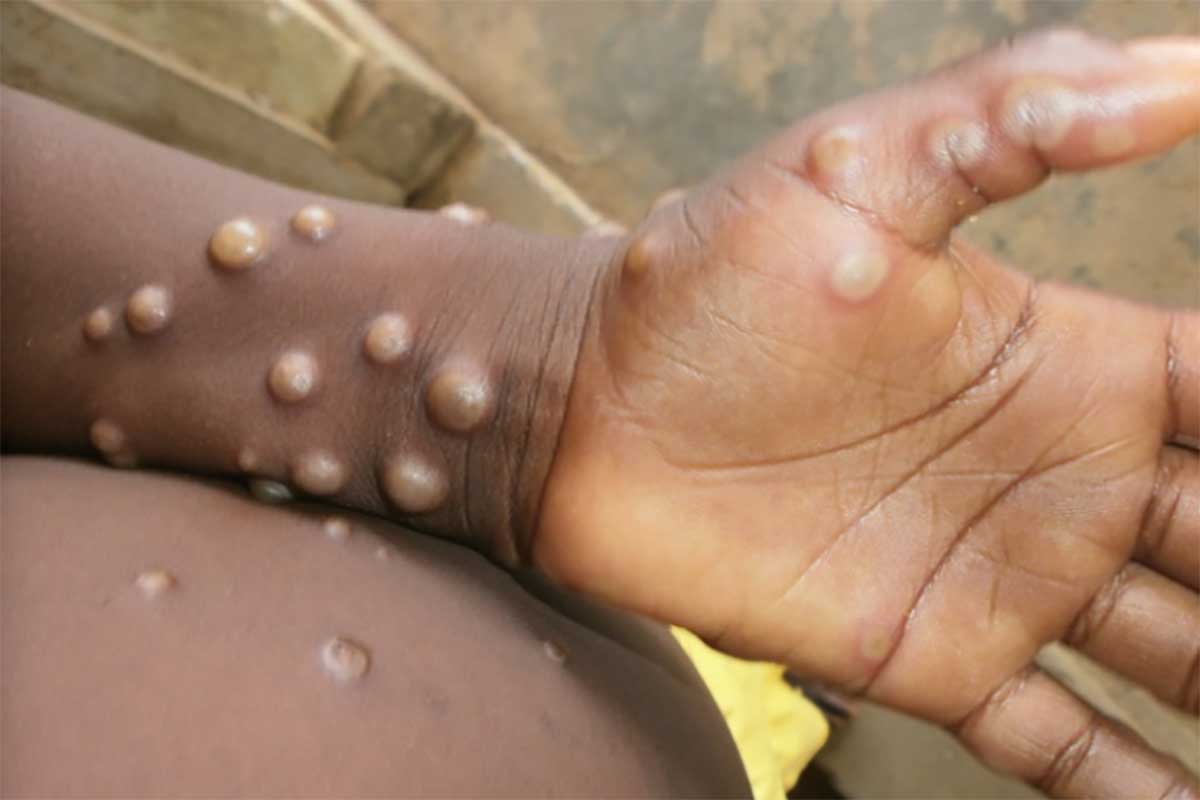
The Iloilo City government is preparing for the possible entry of the rare monkeypox virus after cases were detected in several countries.
Mayor Jerry Treñas said they are currently monitoring the monkeypox virus while waiting for additional guidelines from the Department of Health (DOH).
“Ginabantanyan ta man ang ini kay may outbreak na sa Europe. Padayon pa ini nga ginatun-an sang DOH,” he said in his regular press conference.
Currently, the Philippines has not detected any case of monkeypox virus, but infectious disease experts have warned that the entry of the virus in the country is possible through travelers which can carry and transmit infection.
According to the World Health Organization (WHO), 12 member states have reported monkeypox cases across three regions as of May 13, 2022.
The 12 countries which reported monkeypox cases include the following: Australia, Belgium, Canada, France, Germany, Italy, Netherlands, Portugal, Spain, Sweden, United Kingdom, and the United States of America.
WHO added that while epidemiological investigations are ongoing, the reported cases have no established travel links to an endemic area.
Monkeypox is a viral zoonosis (a virus transmitted to humans from animals) with symptoms very similar to those seen in the past in smallpox patients, although it is clinically less severe. It is caused by the monkeypox virus which belongs to the orthopoxvirus genus of the Poxviridae family.
There are two clades of monkeypox virus: the West African clade and the Congo Basin (Central African) clade. The name monkeypox originates from the initial discovery of the virus in monkeys in a Danish laboratory in 1958.
The first human case was identified in a child in the Democratic Republic of the Congo in 1970.
The WHO added that monkeypox virus can be transmitted with lesions, body fluids, and respiratory droplets.
Symptoms of monkeypox include a fever, intense headache, muscle aches, back pain, low energy, swollen lymph nodes, and a skin rash or lesions.
Various animal species have been identified as susceptible to the monkeypox virus.
Uncertainty remains on the natural history of the monkeypox virus and further studies are needed to identify the exact reservoir(s) and how virus circulation is maintained in nature.
Eating inadequately cooked meat and other animal products of infected animals is a possible risk factor.
Monkeypox is usually self-limiting but may be severe in some individuals, such as children, pregnant women or persons with immune suppression due to other health conditions.
Human infections with the West African clade appear to cause less severe disease compared to the Congo Basin clade, with a case fatality rate of 3.6% compared to 10.6% for the Congo Basin clade.
Meanwhile, Treñas reminded Ilonggos to remain vigilant amid the threats of the monkeypox virus. He also urged the public particularly those who remain unvaccinated with chicken pox to have themselves vaccinated.
However, there is still no evidence that the chickenpox vaccine could protect individuals against monkeypox as the two diseases are caused by unrelated viruses. The orthopox virus causes monkeypox while chickenpox is caused by the varicella-zoster virus.
But WHO noted that in several observational studies, the smallpox vaccine can be 85% effective against monkeypox.
Furthermore, the American Centre for Disease Control and Prevention has advised travelers to use the smallpox vaccine to protect themselves until a vaccine for the orthopox virus is released to the public. (DG/with information from the WHO)



















